When it comes to legal matters, finding the right lawyer can make all the difference. However, choosing the wrong one can be a costly mistake. That's why it's important to know the common mistakes to avoid when selecting a lawyer. In this article, we will discuss seven fatal mistakes to avoid when choosing a lawyer.
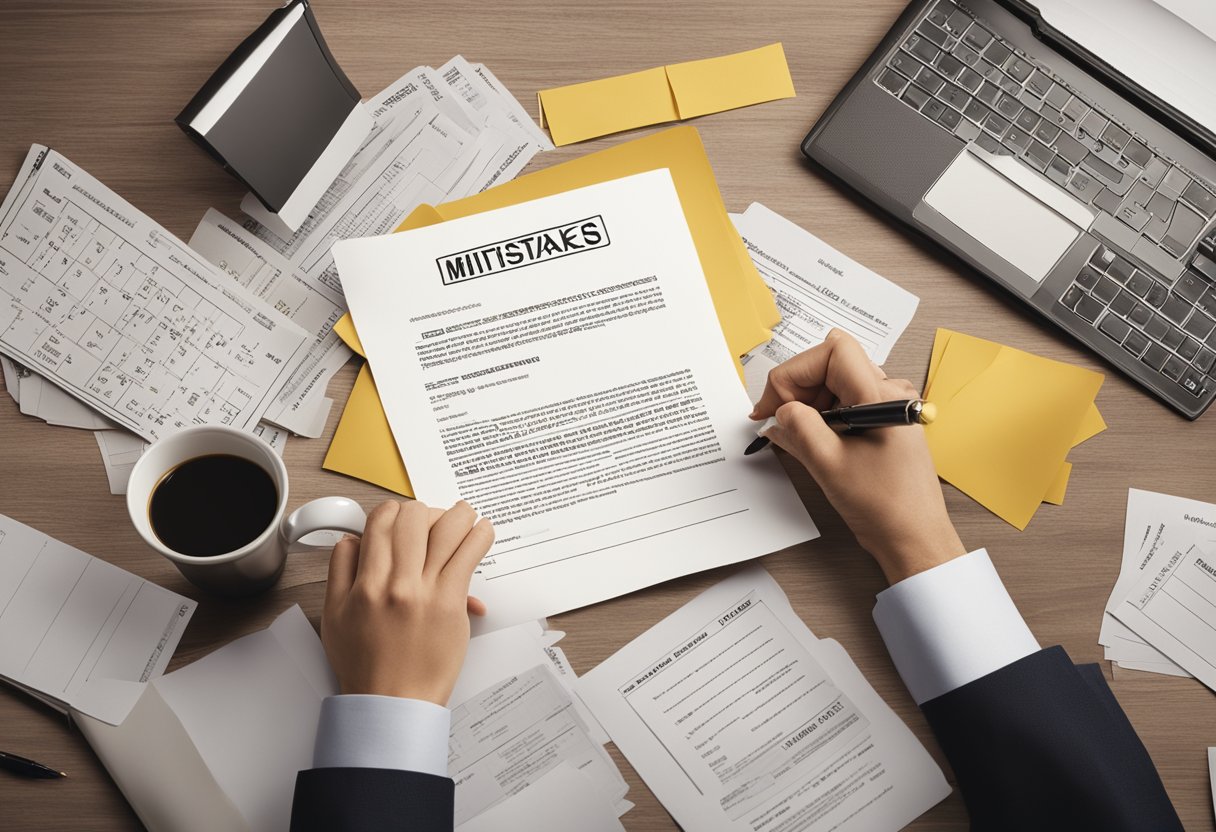
One of the most critical factors to consider when choosing a lawyer is their legal expertise. It's essential to evaluate their experience and knowledge in the specific area of law that your case falls under. Not all lawyers have the same level of expertise, and choosing one who is not well-versed in your legal matter can lead to unfavorable outcomes. We will discuss how to evaluate legal expertise and why it's crucial to do so in this article.
Another important aspect to consider is the lawyer's professional reputation. A lawyer's reputation can speak volumes about their work ethic, professionalism, and success rate. We will explore how to assess a lawyer's reputation and why it's essential to choose a lawyer with a positive reputation in the legal community.
Key Takeaways
- Choosing the right lawyer is crucial for the success of your legal matter.
- Evaluating a lawyer's legal expertise and professional reputation are essential factors to consider when choosing a lawyer.
- Understanding fee structures and communication and availability are also crucial when selecting a lawyer.
Evaluating Legal Expertise
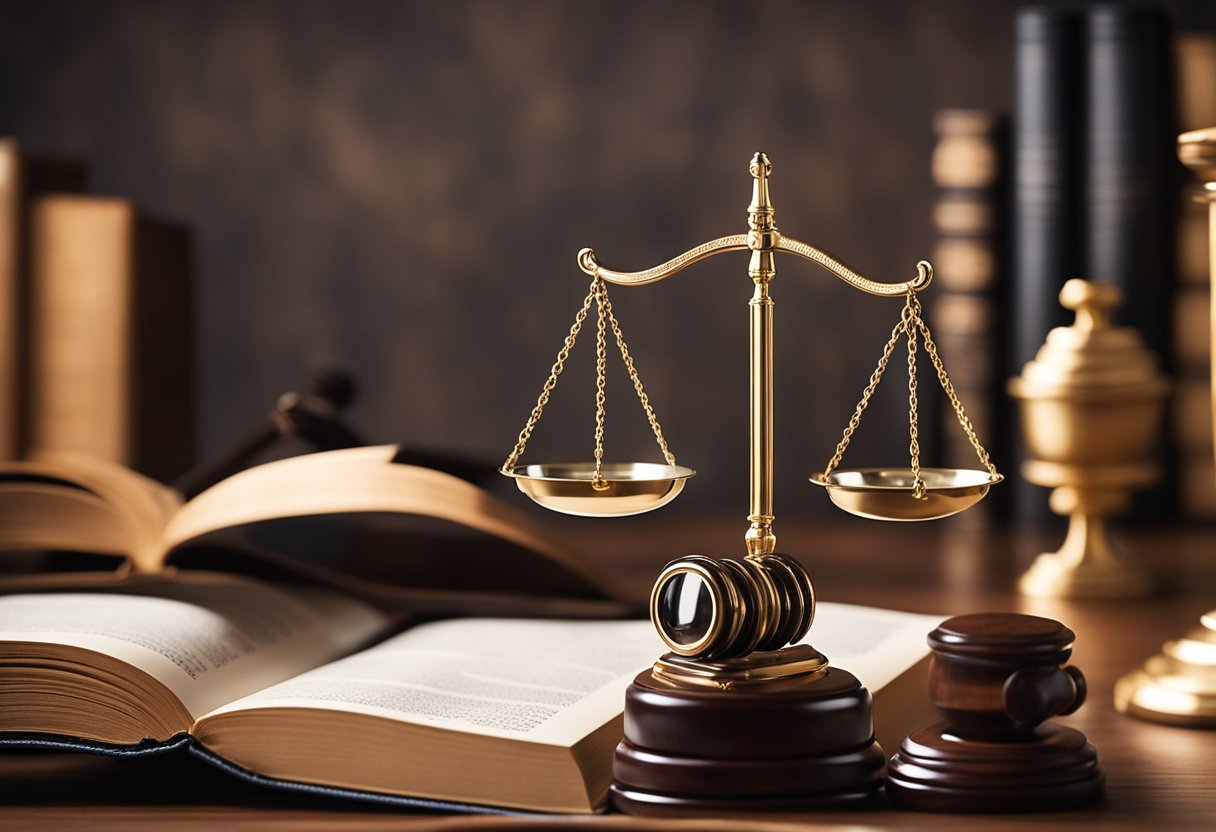
When it comes to evaluating the legal expertise of a potential lawyer, there are a few key factors to consider. By carefully assessing a lawyer's specialization and experience, you can avoid some of the most common mistakes that people make when selecting legal representation.
Specialization Mismatch
One of the biggest mistakes that people make when choosing a lawyer is failing to consider their specialization. Just like doctors, lawyers often specialize in a particular area of law. For example, some lawyers may specialize in criminal law, while others may focus on family law or corporate law.
If you choose a lawyer who doesn't have experience in the area of law that your case involves, you may be setting yourself up for failure. That's why it's important to look for a lawyer who has experience in the specific area of law that your case involves.
Lack of Experience
Another common mistake that people make when choosing a lawyer is selecting someone who doesn't have much experience. While everyone has to start somewhere, it's generally a good idea to choose a lawyer who has been practicing for a while and has a track record of success.
When evaluating a lawyer's experience, you should look at how long they've been practicing, as well as how many cases they've handled that are similar to yours. You can also ask for references from past clients to get a better sense of their experience level.
By carefully evaluating a lawyer's specialization and experience, you can avoid some of the most common mistakes that people make when selecting legal representation. Remember, the right lawyer can make all the difference in the outcome of your case.
Assessing Professional Reputation
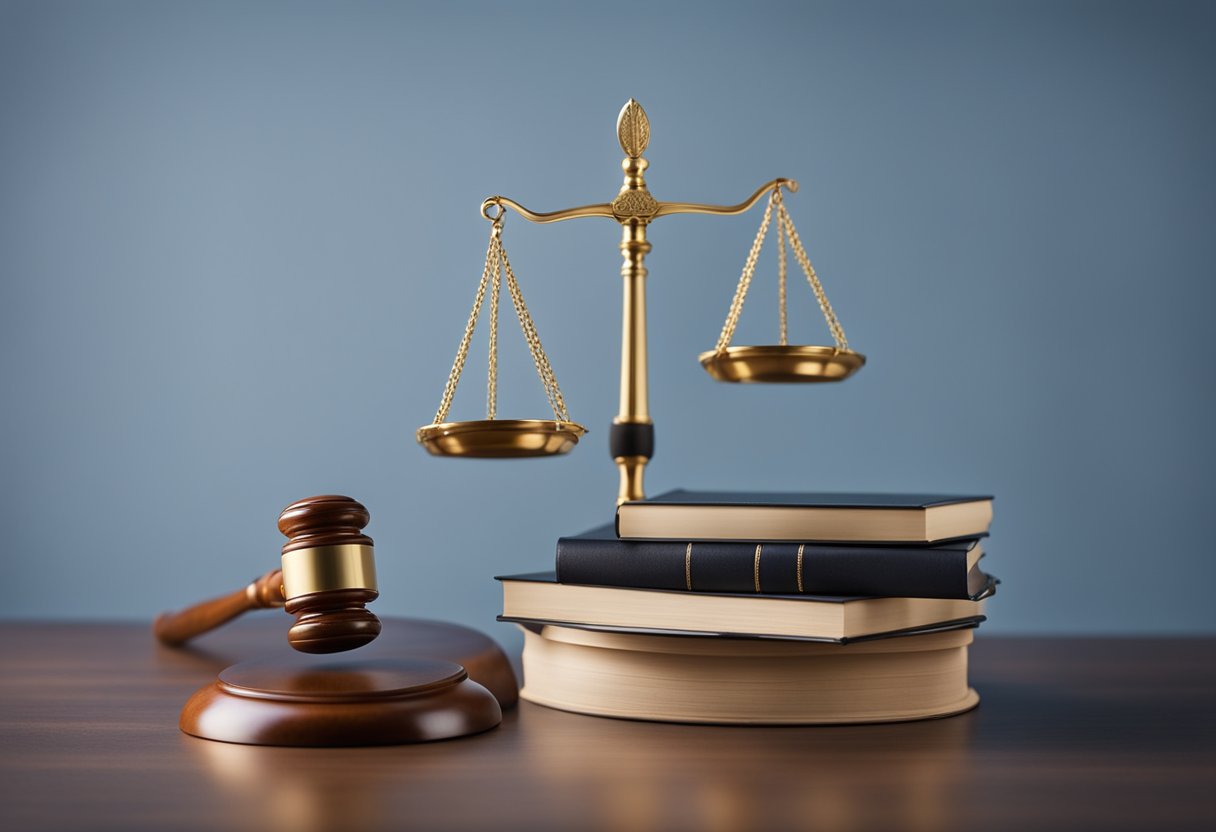
When selecting a lawyer, it is important to assess their professional reputation. Here are a few things to consider:
Ignoring Client Testimonials
Client testimonials can provide valuable insight into a lawyer's ability to handle cases and communicate with clients. It is important to read these testimonials carefully and consider them when making a decision. Don't ignore negative reviews, but also be cautious of overly positive reviews that may be fake or misleading.
Overlooking Disciplinary History
Another important factor to consider when assessing a lawyer's professional reputation is their disciplinary history. Check with your state's bar association to see if the lawyer has ever been disciplined or had their license suspended or revoked. This information can help you avoid hiring a lawyer who has a history of unethical or unprofessional behavior.
In addition to these factors, it is also important to consider a lawyer's experience, expertise, and communication skills when making your decision. By taking the time to carefully assess a lawyer's professional reputation, you can increase your chances of finding a lawyer who will provide you with the best possible representation.
Understanding Fee Structures
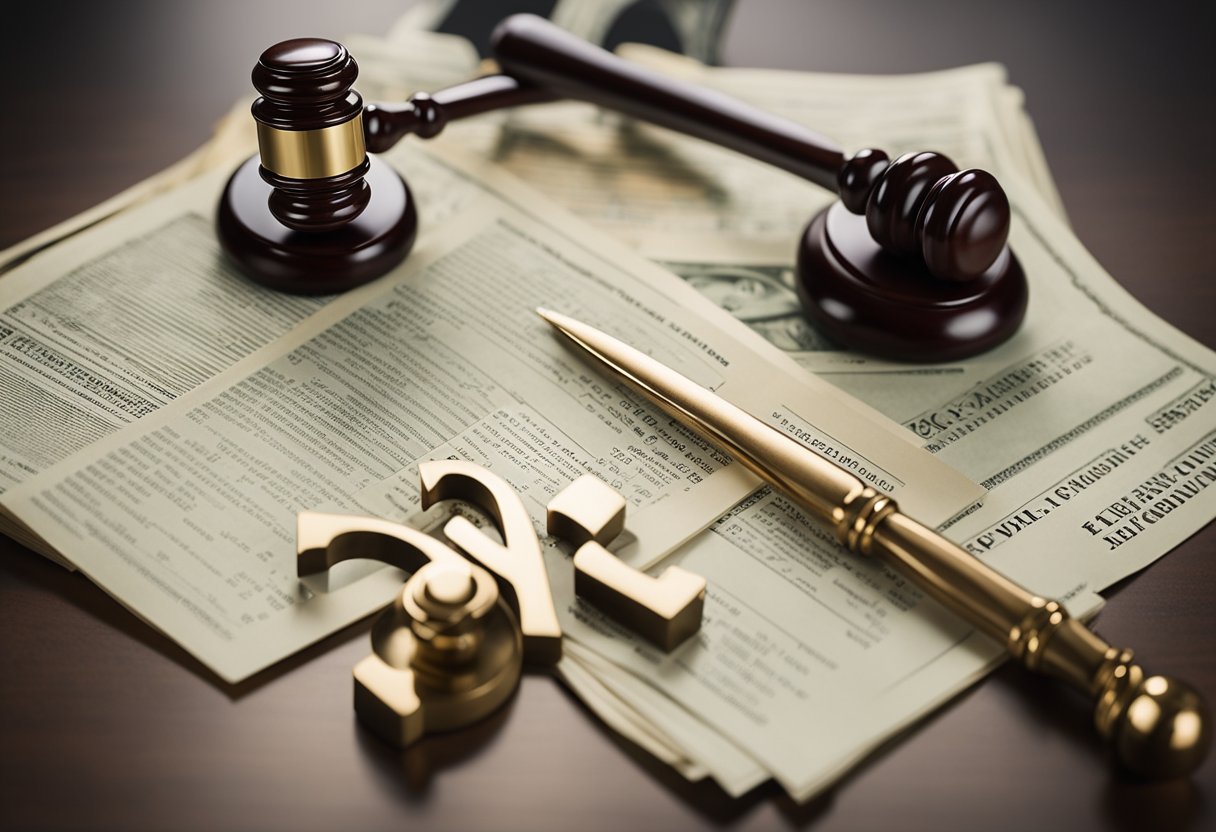
When it comes to hiring a lawyer, understanding the fee structure is crucial to avoid any unexpected expenses and misunderstandings. Here are two common mistakes to avoid:
Not Discussing Costs Upfront
One common mistake people make when hiring a lawyer is not discussing costs upfront. It's important to know how much you'll be paying and what services are included in that fee. Some lawyers charge a flat fee for their services, while others charge an hourly rate. It's important to understand the billing structure and what is included in the fee before agreeing to hire a lawyer.
Agreeing to Unclear Billing Practices
Another mistake people make is agreeing to unclear billing practices. It's important to have a clear understanding of how the lawyer bills for their services. This includes knowing how often you will be billed, what services are included in the fee, and what expenses are covered by the fee. Some lawyers may charge extra for expenses such as photocopying, court filing fees, and travel expenses. It's important to understand what expenses are included in the fee and what expenses are not.
In conclusion, understanding the fee structure is an important part of hiring a lawyer. By discussing costs upfront and agreeing to clear billing practices, you can avoid any unexpected expenses and misunderstandings.
Communication and Availability

When it comes to choosing a lawyer, communication and availability are two critical factors that should never be overlooked. Inadequate communication channels and limited availability can lead to misunderstandings, missed deadlines, and ultimately, a negative outcome for your case. In this section, we'll discuss the two common mistakes that people make while selecting a lawyer based on communication and availability.
Inadequate Communication Channels
One of the most common mistakes people make when choosing a lawyer is not considering the communication channels that the lawyer uses. Inadequate communication channels can lead to delayed responses, misunderstandings, and missed deadlines. It is essential to make sure that the lawyer you choose uses communication channels that work for you, whether it be email, phone, or in-person meetings.
When you first meet with a lawyer, ask them about their communication channels and how often you can expect to hear from them. Make sure that you are comfortable with their communication style and that they are willing to work with you to ensure that you are kept up-to-date with your case's progress.
Limited Availability
Another common mistake people make when choosing a lawyer is not considering their availability. Limited availability can lead to missed deadlines, rushed work, and a lack of attention to detail. It is crucial to make sure that the lawyer you choose has the time and resources to devote to your case.
When you first meet with a lawyer, ask them about their availability and how many cases they are currently working on. Make sure that they have the time and resources to devote to your case and that they are not overburdened with too many cases.
In conclusion, when choosing a lawyer, it is essential to consider their communication channels and availability. Inadequate communication channels and limited availability can lead to misunderstandings, missed deadlines, and ultimately, a negative outcome for your case. We recommend that you take the time to find a lawyer who is willing to work with you and has the time and resources to devote to your case.
Frequently Asked Questions
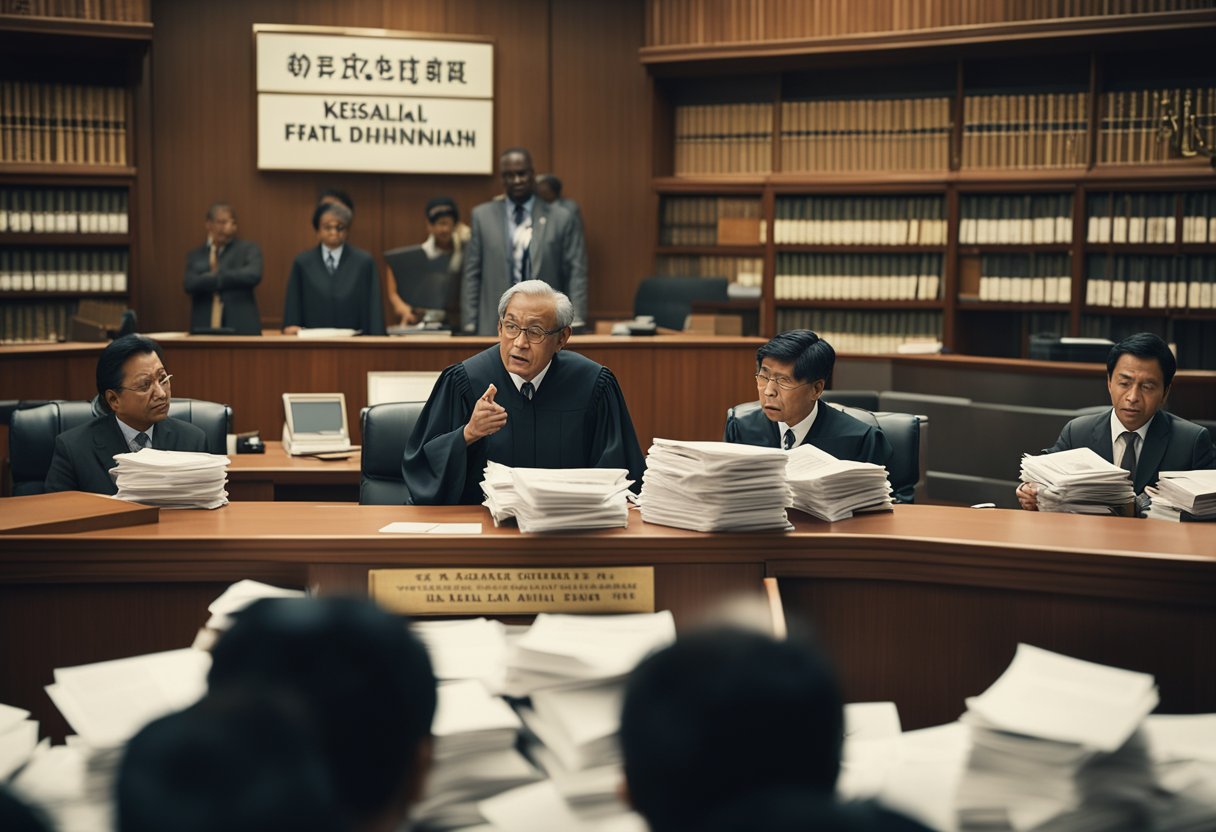
What are the common prohibitions for lawyers in practice?
Lawyers are bound by a strict code of ethics that outlines their professional obligations and responsibilities. Some common prohibitions for lawyers include conflicts of interest, representing clients in fraudulent activities, and disclosing confidential information.
What is the difference between a lawyer and an advocate?
A lawyer is a legal professional who is qualified to practice law and provide legal advice. An advocate is a lawyer who specializes in representing clients in court. While all advocates are lawyers, not all lawyers are advocates.
Who has the authority to dismiss an advocate from a case?
The authority to dismiss an advocate from a case lies with the client. Clients have the right to choose their legal representation and can dismiss their advocate at any time.
What are the essential rights that a lawyer possesses?
Lawyers have the right to represent clients in court, access legal information, and communicate with clients in confidence. They also have the right to be compensated for their services and to refuse representation if they have a conflict of interest.
How to identify a competent lawyer for legal representation?
To identify a competent lawyer, one should look for someone who is experienced, knowledgeable, and has a good reputation in the legal community. It is also important to find a lawyer who specializes in the area of law that is relevant to your case.
What are the critical factors to consider when retaining legal counsel?
When retaining legal counsel, it is important to consider factors such as the lawyer's experience, expertise, and reputation. It is also important to consider the lawyer's communication style, availability, and fees. Clients should feel comfortable with their lawyer and confident in their ability to represent them effectively.
